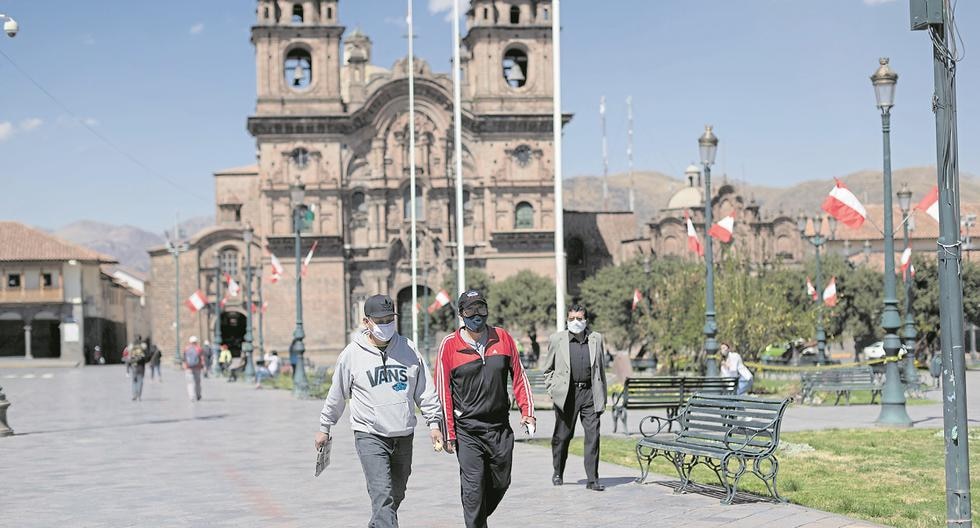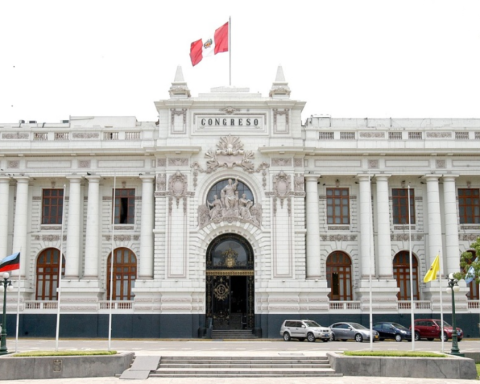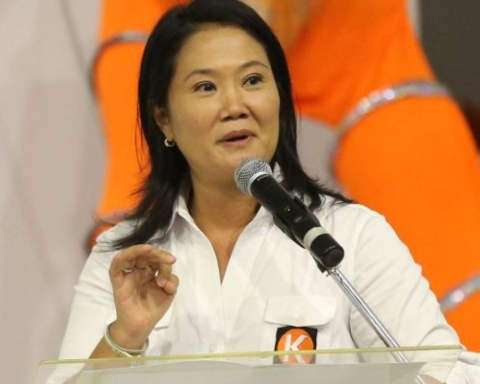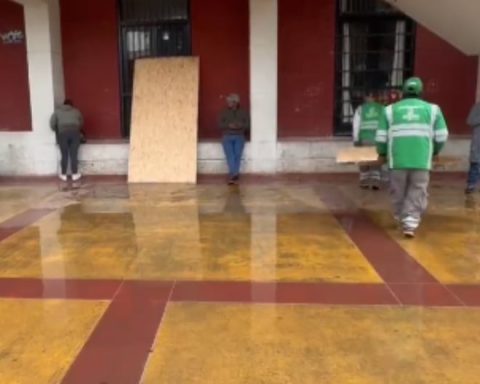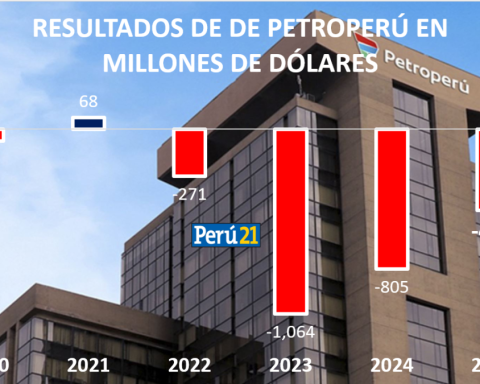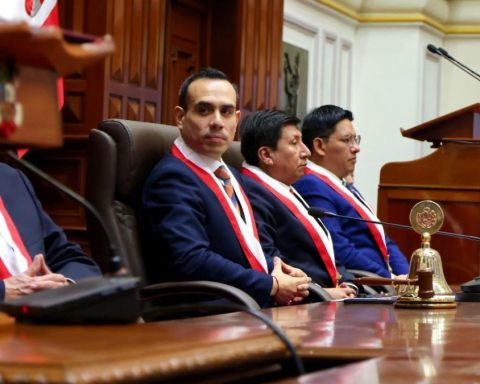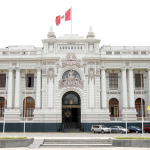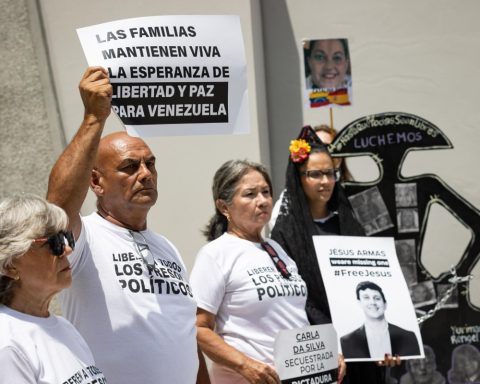with most of regional governors with serious questions of corruption, which adds to the feelings of the citizens of the inside the country who consider that these have not solved the needs of their regions (for 71%, according to the latest Datum survey), could it be stated that the process of regionalization started in 2002 has failed?
For Silvana Huanqui, a professor at the Universidad del Pacífico School of Public Management, we must first understand that, when it comes to decentralization, usually all the problems that occur at the central level have been transferred and multiplied by the number of regions.
Thus, the decentralization process implies the election of the governors themselves by the citizens and all the deficiencies in terms of electoral institutions are translated at the moment of electing authorities who are not qualified to manage the functions.
Another major factor that works against this process is the lack of coordination that exists between entities at the national and local levels.
“National objectives are established that are maintained at the regional level, but the strategy must change according to the context of each jurisdiction and that is not happening,” said Huanqui.
Carlos Durand, president of the Board of Directors of the National Chamber of Commerce, Production, Tourism and Services – Perucamaras, noted that the great problem with decentralization is having focused it on a geopolitical and not an economic vision.
“Within this process, the strategy and ability to have a balanced development in each of the 25 regions was lost,” he said.
REFORMULATION
Huanqui explains that the process is paralyzed and the last relevant policy was the decentralization shock that was implemented in 2007, a hasty delegation, without foundations and competencies.
“After this there have been no regulatory changes or progress in the decentralization process in 15 years,” he said.
For this reason, Huanqui suggests a review of the law that is outdated and incorporate mechanisms that reduce the discretion of management, which opens spaces for mismanagement both in inefficiency and corruption.
“We must rethink the process to know the gaps and failures that are generating these inefficiencies,” he said.
For his part, Durand pointed out that there were efforts to generate macro-regions in order to pool resources to generate infrastructure that would increase the competitiveness of the entire macro-regional ecosystem and perhaps this is the need that should be prioritized today.
“It is one of the great pending reforms and one that we should face with a vision of development,” he noted.
DATA
- Silvana Huanqui affirms that recent governments have not shown the will to promote the decentralization process. The campaign proposals of this government are not very viable and have not been mentioned again.
- According to Carlos Durand, what is being done today at the regional level is transferring the powers of the national government, but these are not accompanied by competencies to develop them adequately.
